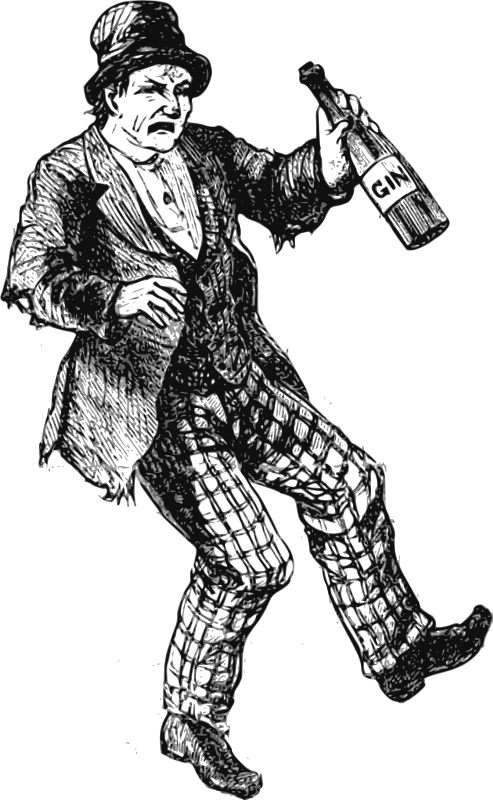 One of the main reasons why we’re supposed to vote wet in November, assuming the wet-dry election gets on the ballot, is that it will bring Dallas an economic windfall.
One of the main reasons why we’re supposed to vote wet in November, assuming the wet-dry election gets on the ballot, is that it will bring Dallas an economic windfall.
And, since I’m all for economic windfalls (handy sales tax chart here), I thought I’d see how much money Houston gets from selling alcohol. Then we might have some indication about how much extra green we’ll have in the city coffers after the election.
Sadly, not much, if the state’s mixed beverage receipts tax is any indication. More, after the jump.
Every bar, restaurant and private club in Texas pays 14 percent of its gross alcohol sales to the state, which sends about 11 percent of that total back to the city where the bar, restaurant or private club is located.
The mixed beverage tax doesn’t count retail alcohol sales, which the state doesn’t track (but which I’m working on collecting from a couple of different places). So it’s not perfect in predicting revenue. But the numbers are revealing.
Houston, which is almost all wet and has 2.2 million people, has averaged $10 million a year in mixed beverage tax for the last five years. That works out to $4.55 per person per year. Dallas, which is one-third wet and has 1.2 million people, has averaged $7.5 million in mixed beverage tax over the last five years. That works out to $6.25 per person per year.
In other words, we already drink more than Houston residents do (at least in bars, restaurants, and private clubs). How much more booze will we be able to drink if we go wet? Not much, I’d guess.
Again, I’m not against going wet. I’m against going wet for the wrong reasons, like economic growth. Let’s solve the budget crisis by budgeting, not by anticipating windfalls that don’t exist.





